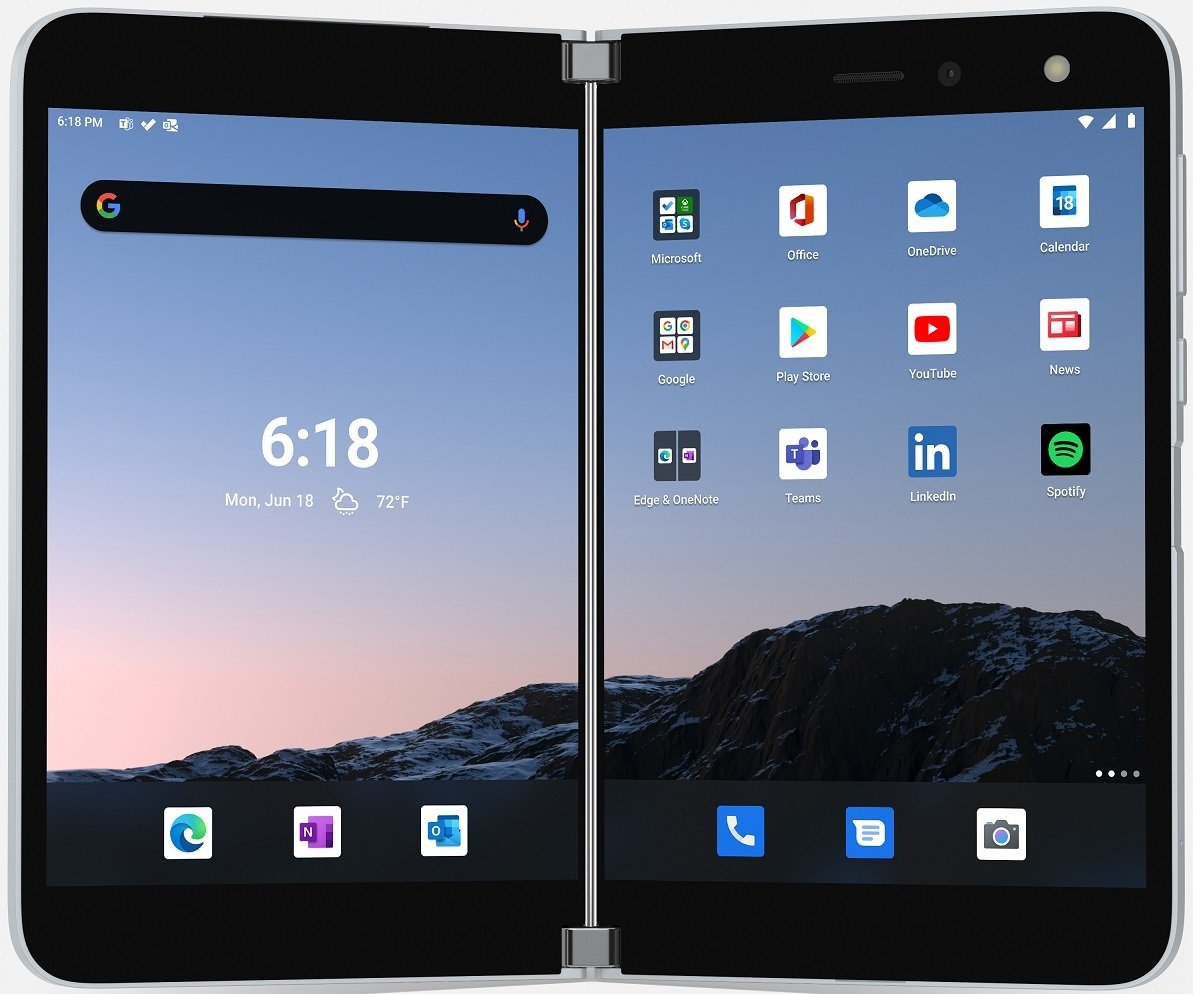Microsoft Mechanics explains how the company overcame challenges to create the Surface Duo.
What you need to know
- A new video from Microsoft Mechanics runs through the design process of the Surface Duo.
- The video goes over the creation of the device's software and hardware.
- Microsoft had to overcome several challenges caused by the Surface Duo's unique form factor.
Microsoft shares a deeper look into its Surface Duo in a recent video by Microsoft Mechanics. Vineet Thuvara, Senior Director of Program Management for the Surface team, runs through the Surface Duo's hardware and software alongside host Jeremy Chapman.
Thuvara explains how people from around the world worked together to deliver the device's software and hardware. The dual-screen form factor is quite unique, and Thuvara explains how Microsoft utilized that form factor with the Android operating system.
The video has timestamps from Microsoft, so you can easily jump to a specific segment:
- 00:00 - Introduction
- 00:23 - Check out all the 'firsts' Microsoft Duo represents
- 01:46 - Dual screen
- 02:44 - Device postures: book mode, pen and inking, and tent mode
- 04:53 - Engineering challenges: thickness, dual topology, and posture aware
- 07:57 - Specs of Duo
- 08:46 - Battery life
- 09:07 - Hinge design
- 10:07 - Manageability and Security
- 11:20 - Learn more links
Making the Surface Duo required Microsoft to re-engineer its manufacturing process, optimize its apps, and design an experience that would work across the device's form factor. Around the 5 minute mark, the video goes through some of the engineering challenges required to make the Surface Duo, including making its asymmetric batteries work together.
The unique form factor also challenges case makers; even the best Surface Duo cases require more engineering than standard device cases. Several of them have to flip, fold, and rotate to match the unique form factor of the Surface Duo.
Order today
Microsoft Surface Duo
From $1,400 at Microsoft From $1,400 at Best Buy From $1,400 at AT&T
Two screens are better than one
Microsoft delves into the future of foldables with an ambitious dual-screen device, featuring two ultra-thin 5.6-inch AMOLED displays bound by a 360-degree hinge. This pocketable inking-enabled Android smartphone marks the latest in the Surface lineup, geared for mobile productivity.








0 comments:
Post a Comment